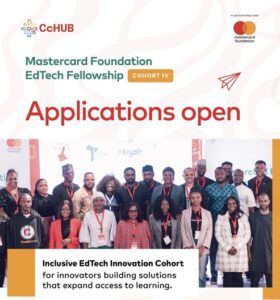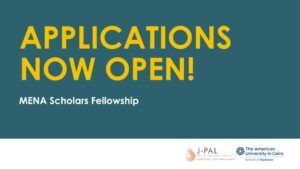KAICIID has partnered with MICT to launch an Arab Region Media for Peace Programme to foster peace-building and dialogue in the media. The programme will be formed of two parts: the Dialogue Journalism Fellowship and the Media Policy Forum.
- For the Fellowship, 20 to 25 mid-career journalists will be selected to participate in a year-long training programme. The group of chosen fellows will have access to three four-day capacity building sessions, training them in the practice of ‘dialogue journalism’.
- The Media Policy Forum will follow the Fellowship Programme and will host senior editors, high-profile media practitioners, policymakers from across relevant disciplines as well as panelists and keynote speakers to discuss the principles and ethics of good journalistic practice. Collectively, the group will produce a set of recommendations for more sustainable reporting on conflict and religion, and potentially publish a Media for Peace charter.
Requirements
- Eligible fellows are required to have at least five years of experience in journalism or other relevant fields. They can be working on any platform (print, podcast, digital);
- They must be native to one of the mainly developing countries of the Arab Region;
- They must currently live in and write for media in the Arab Region;
- They must be between the ages of 28 and 40;
- They must be currently employed as professional journalists for print, television, radio or electronic journalism organizations. Both full-time and freelance journalists are invited to apply.
- They should have an interest in interreligious dialogue and journalism, peacebuilding, and social cohesion.
HOW DOES IT WORK?
- One-on-one mentorship
- Group training
- Funding
Online one-on-one mentorship will be offered to fellows from different media outlets such as print, radio, online, and TV. The mentors will have expertise in different aspects of the media industry. They will aim to:
- Identify editorial objectives with the fellows
- Provide feedback and coaching in areas such as video editing and story structure
- Identify strengths and areas of development of the first deliverable draft
- Agree on support needs to fine-tune the story
In addition to the one-on-one mentorship and group training— which might be provided in-person, depending on the state of the COVID-19 pandemic — the programme will offer participants a grant of up to 2000 EUR for producing content that follows the principles of dialogue journalism, helping the participants become active advocates for peace by shining the spotlight on stories that foster social cohesion.
REQUIRED DOCUMENTS
- CV (no longer than three pages);
- Personal photo;
- Motivation letter indicating the applicant’s interest and focus of the proposed production, clearly stating its connection to interreligious dialogue;
- Recommendation from a current or previous media outlet that the applicant has worked with;
- Video of the applicant introducing his/herself and explaining their expectations from this opportunity (not longer than one minute);
- Links to three previous work samples (articles, video reports, TV programmes, documentaries… etc.)
Timeline:
- 7 June 2021: Applications are due
- 5 July 2021: Shortlisted candidates will be notified for interviews, which will be scheduled for late June
- 1 August 2021: The fellowship programme will start in the form of an online one-on-one mentorship, followed by an on-the-ground training scheduled in autumn (dependent on the coronavirus pandemic situation).
Application Deadline: June 7th 2021
For More Information:

